Microplastics: Not a Micro Problem
Plastic never goes away. It only breaks down into smaller and smaller pieces
October 18, 2018
The opinions expressed in this article are the author’s own and do not necessarily represent the views of The Prowler.
You’ve ordered your favorite Starbucks drink and you’re waiting over by the pickup area. They finally call your name and hand you your iced coffee, but it doesn’t look right. The lid on your cup resembles more of a sippy cup than a cup from a worldwide coffee chain. Is this a mistake? NOPE! It’s everyone’s favorite coffee chain being environmentally conscious.
Starbucks has recently announced that they are making a switch to lids that will eliminate the need for straws. This comes after a video surfaced in 2015 of a green sea turtle having a plastic straw pulled out of its nostril. In the video, the straw is so lodged in there the rescuers had to use pliers to remove it. Unfortunately, this is anything but a rare occurrence. Over the past three years, there have been countless photos circulating of marine animals and garbage.
Straws are horrible, but there is one culprit that is more detrimental to marine life, something sinister, and chance are you have used at least five in the last week. Every year, it’s estimated that 500 billion single use plastic bags are used, and on average they’re only used for 15 minutes! That’s about a million plastic bags per minute. Not only are these bags made of plastic, which is problematic in and of itself, but floating plastic bags are often mistaken for jellyfish by hungry sea turtles. Plastic bags do not sink, they hang in the water column, upside down full of water. Picture a hot air balloon made of plastic. Now picture a jellyfish floating next to it. They look different, right? Now let’s pretend that you are a 500 pound hungry turtle with a brain the size of a walnut. That bag is looking like an awfully lazy jellyfish.
Once the bag is ingested, it can cause intestinal blockage, bloating, and feelings of fullness. All of these can lead to starvation, and eventually death. The nightmare doesn’t end there. Once that turtle is dead and decomposed, the plastic bag continues on as an eternal murderous jellyfish impostor. After 450 years, our murderous jellyfish look-alike has finally begun to decompose! Yay! Just kidding. Plastic never goes away. It only breaks down into smaller and smaller pieces. These are called micro-plastics, being that they are microscopic pieces of plastic.
These pieces of plastic can be as big as a Frosted Flake or as small as a grain of sand. These pieces of plastic end up working their way up the food chain, eaten by tiny plankton. Those plankton get eaten by larger organisms, and eventually into large animals like fish and whales. We’re all worried about BPA and other chemicals in our water bottles, but we never think about those same chemicals leaching into the animal. Even when the animal passes the debris, the chemicals have leached into the tissues and bloodstream. Yes, that means that it is very likely that you have eaten plastic or a plastic byproduct at LEAST once in your lifetime.
If you’re a fan of sea salt, I’ve got bad news, because micro-plastics have been found hiding in store bought sea salts. Yum! So, what can we do? All of this sounds terrible and horrifying, but we can make a difference. Humans are the ones who made this mess, so humans have to be the ones to clean it up.
It’s not difficult to say no to a plastic bag when you’re buying one item. Reusable cups are sold at Starbucks for $2.00 each. Keep one in your car, for those unexpected Starbucks runs. Make the switch to reusable bags, and leave them in your car too, so you don’t forget them. As for straws, no straw is best, but for those with disabilities or others who need straws, Bonnie Monteleone from University North Carolina Wilmington says that undyed paper straws are best. Make sure it’s not lined with wax, like most disposable paper cups, because those are made of petroleum and also leak chemicals as they degrade. Go package free, buy in bulk when you can, and say no to ALL single use plastics, not just straws.

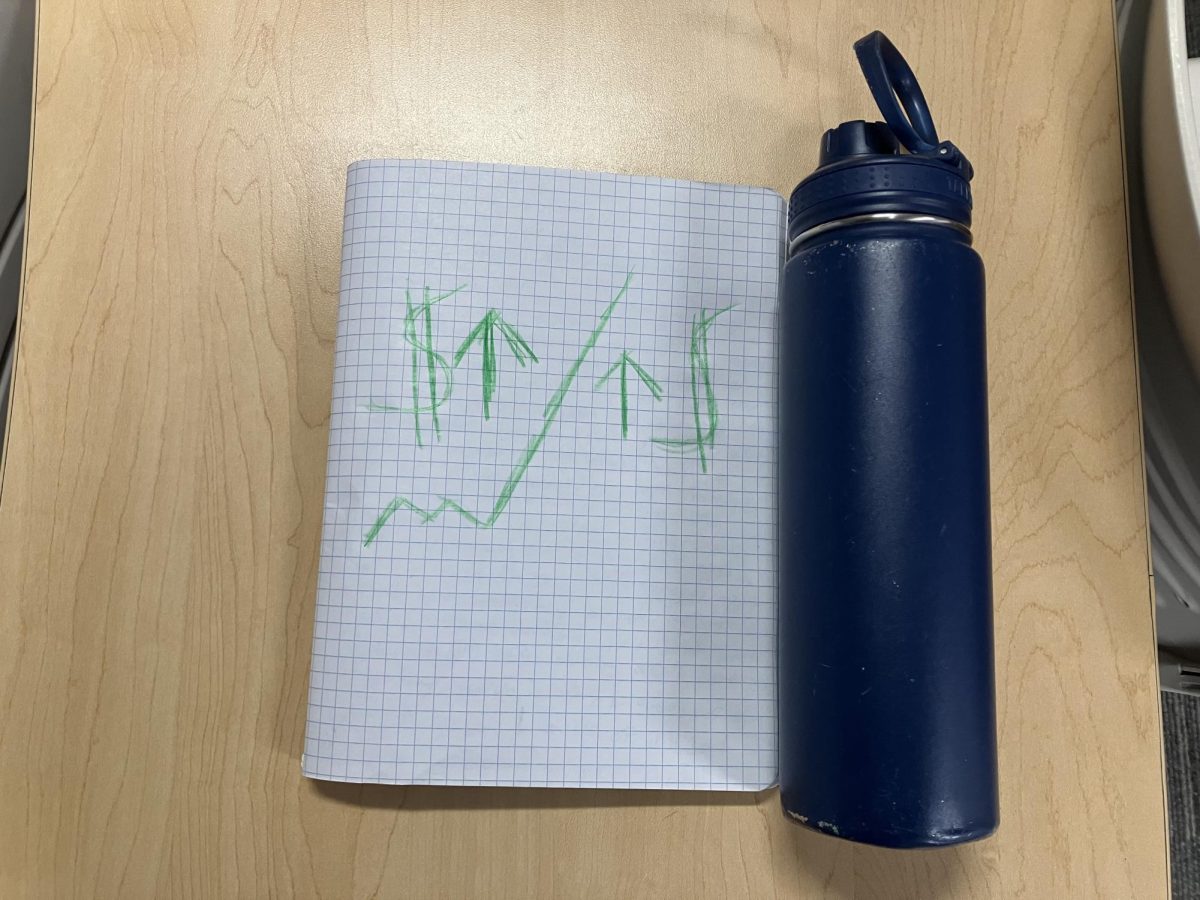
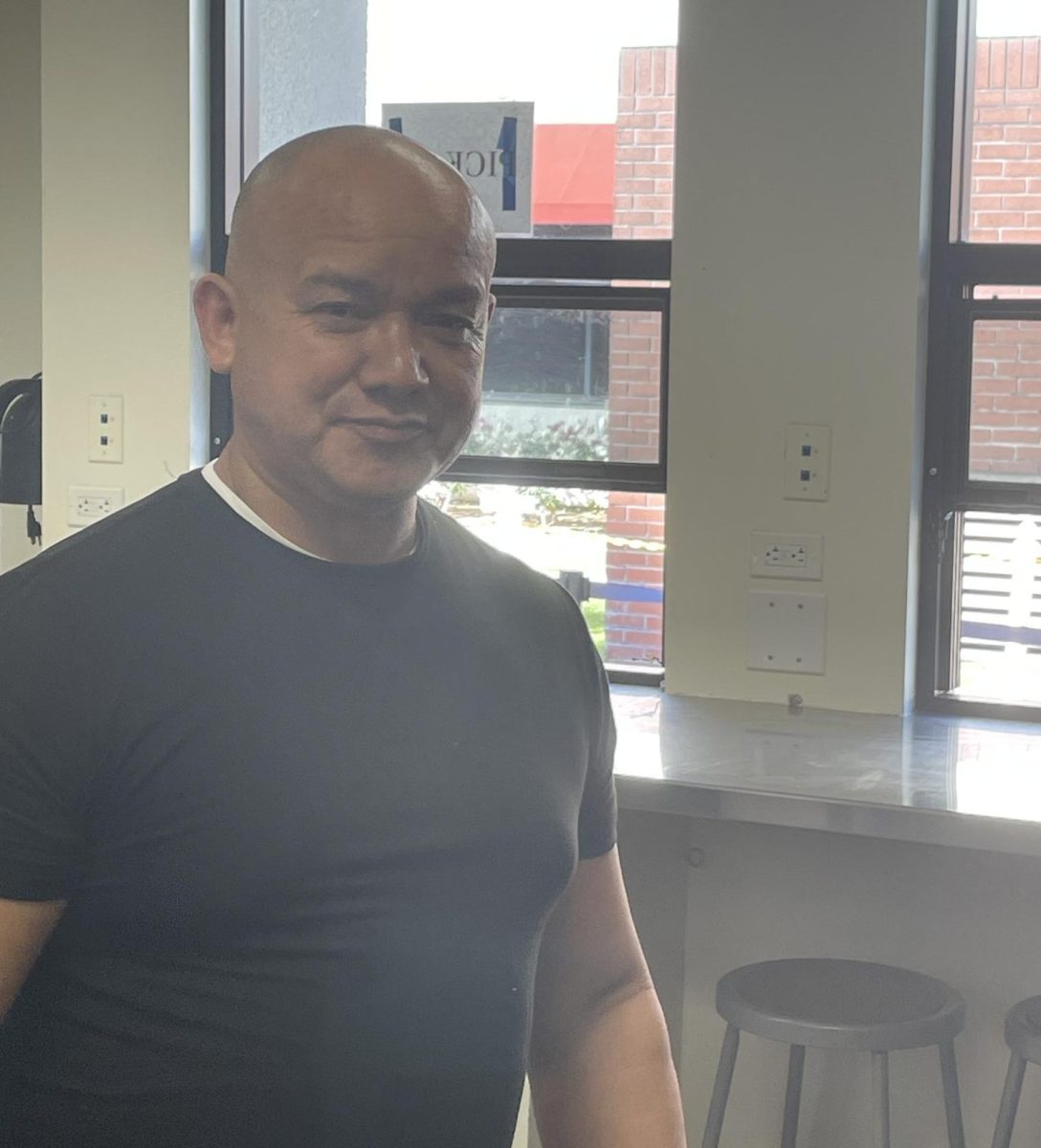
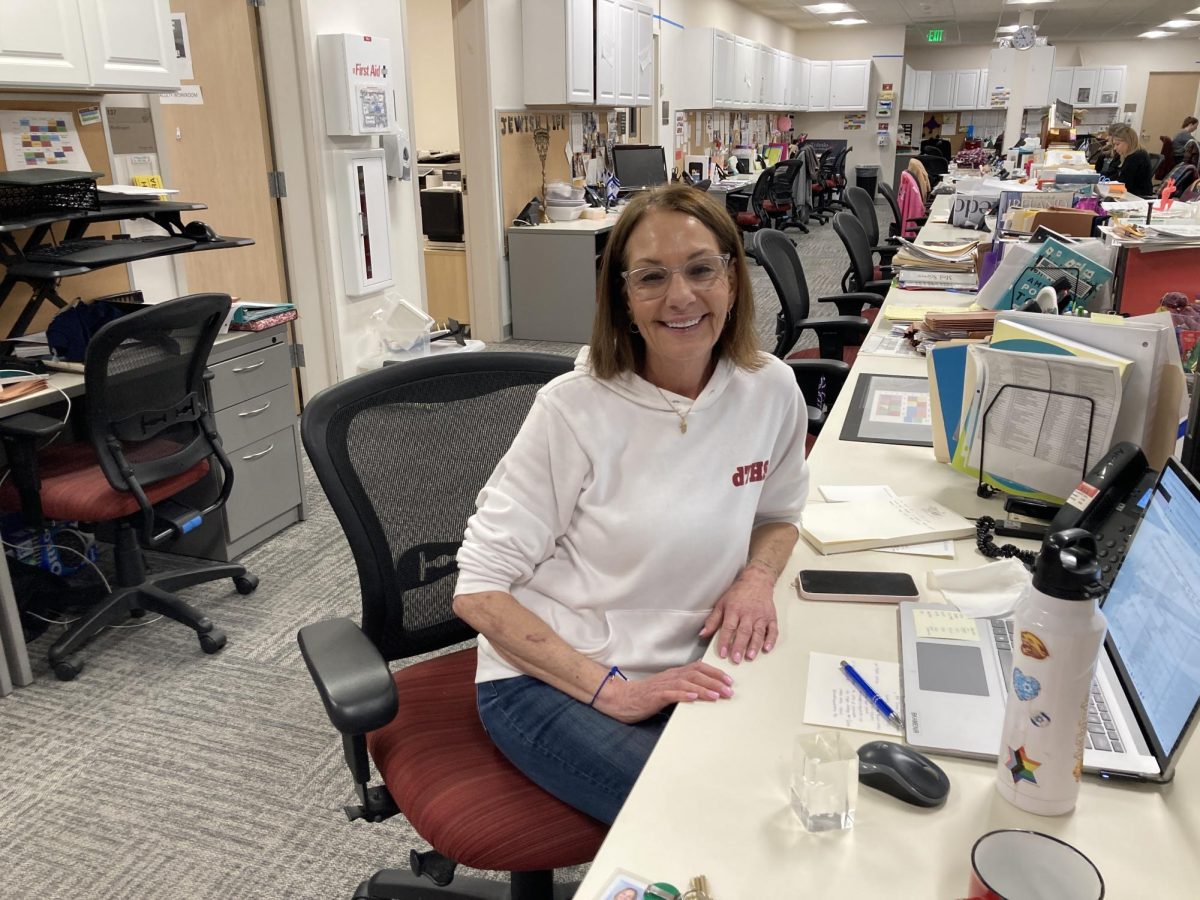
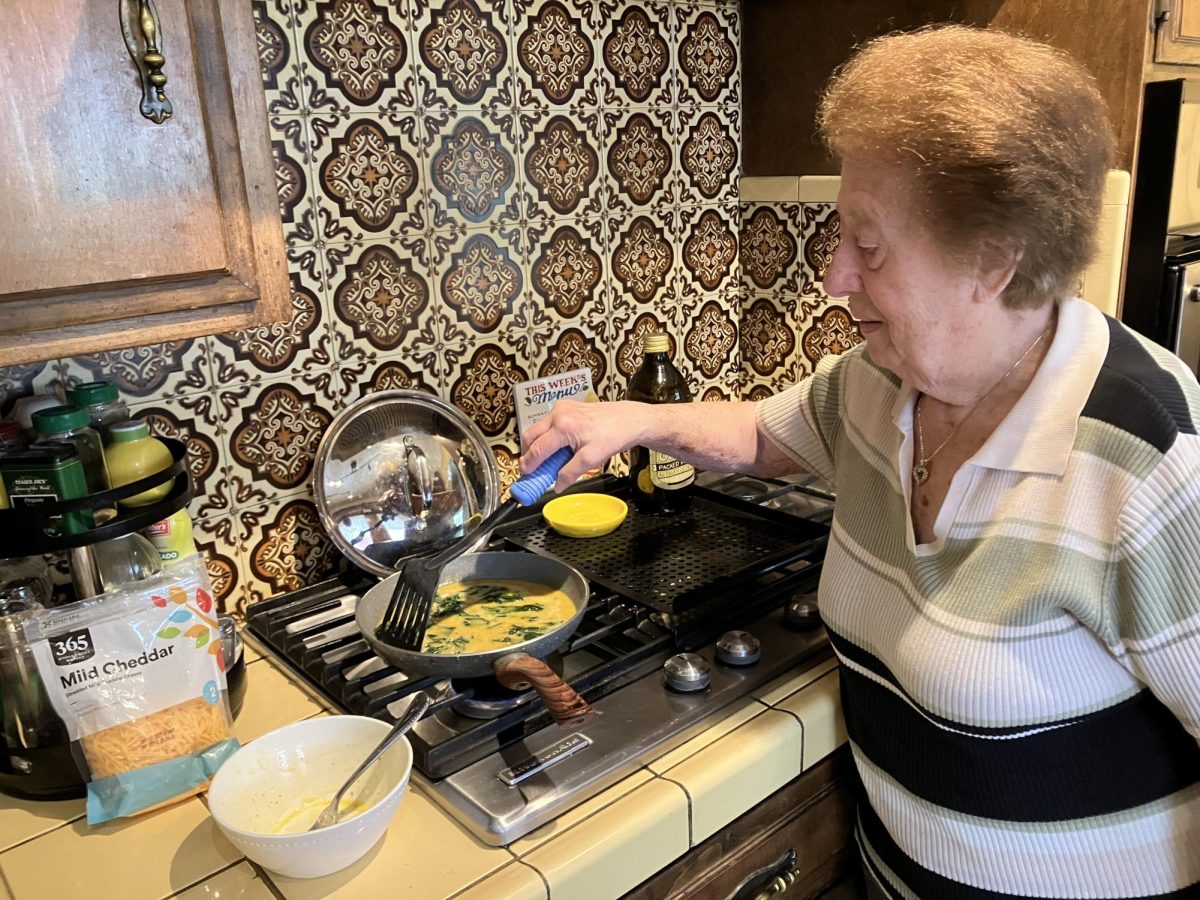
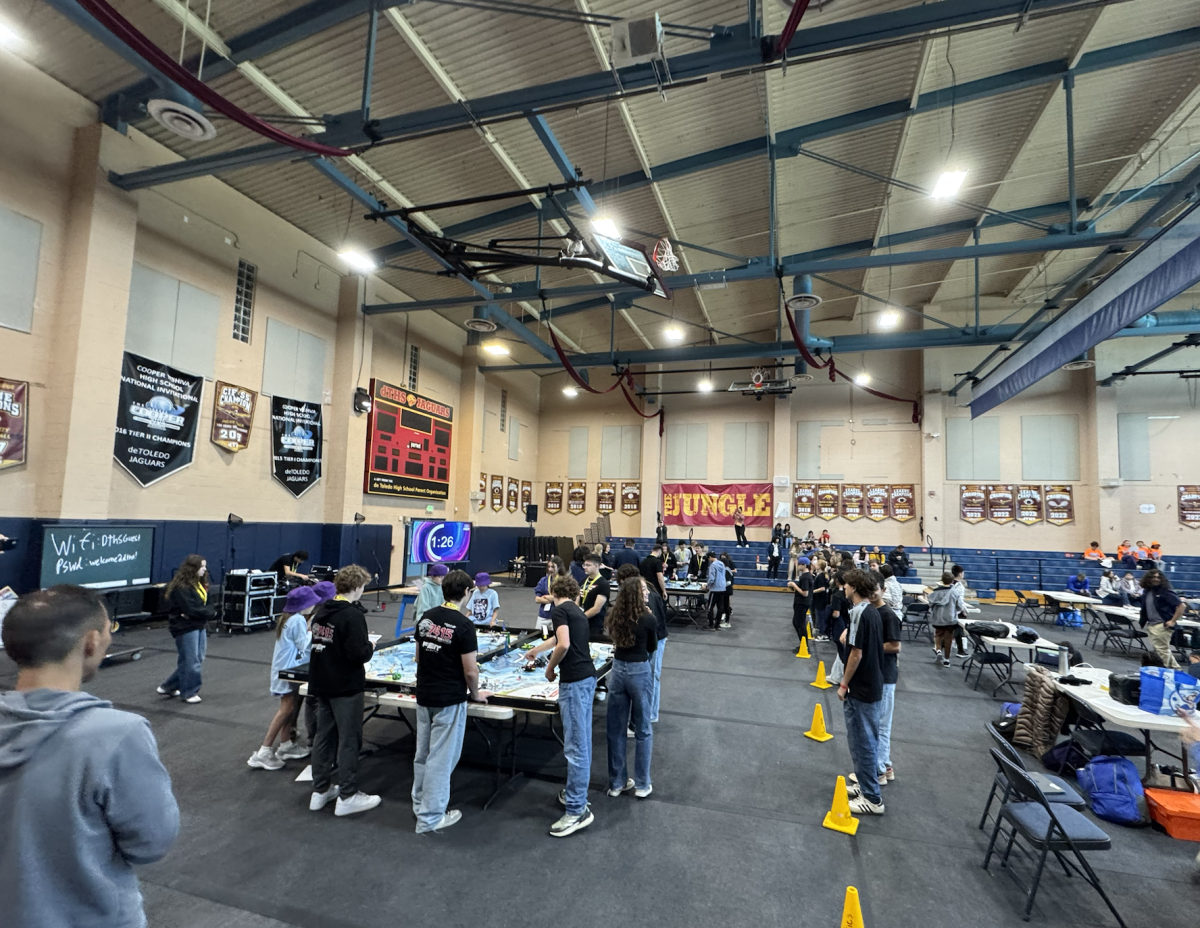
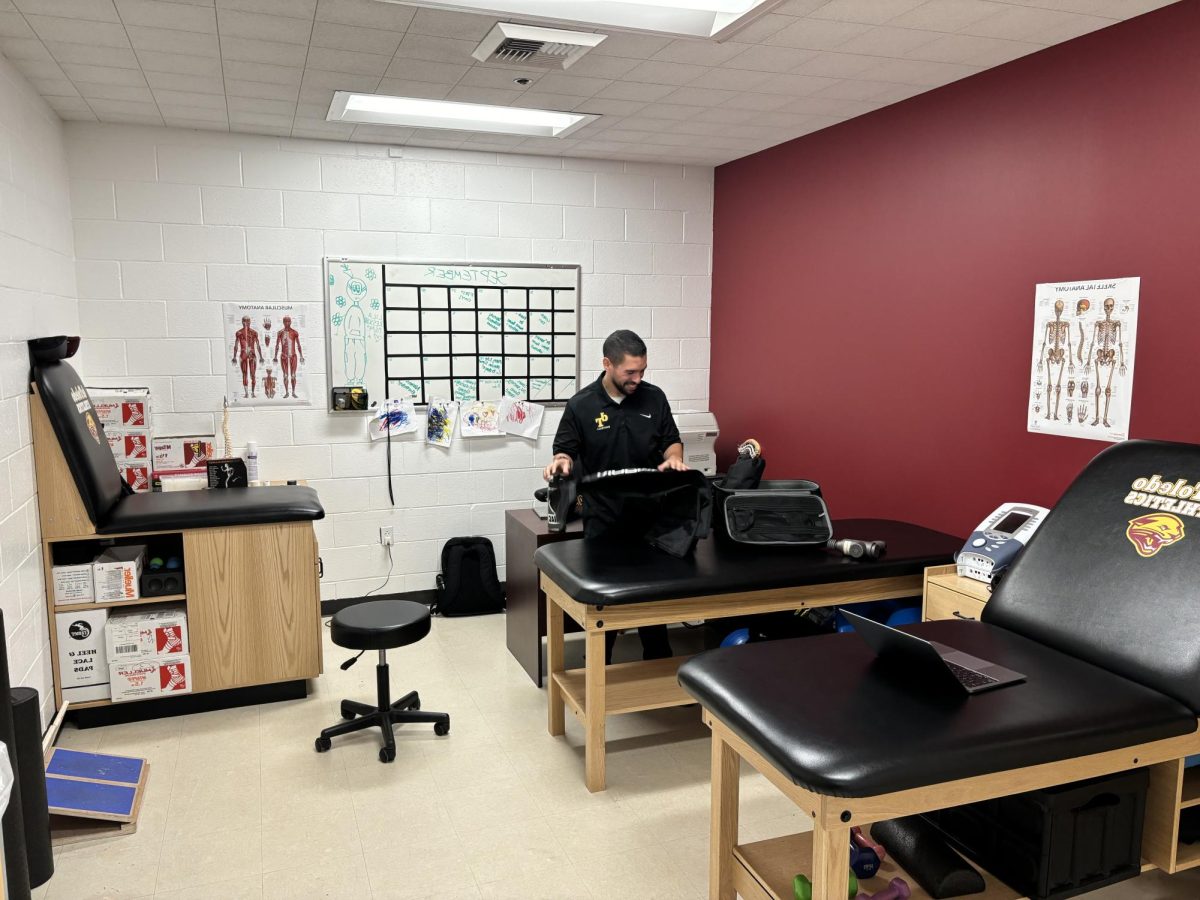
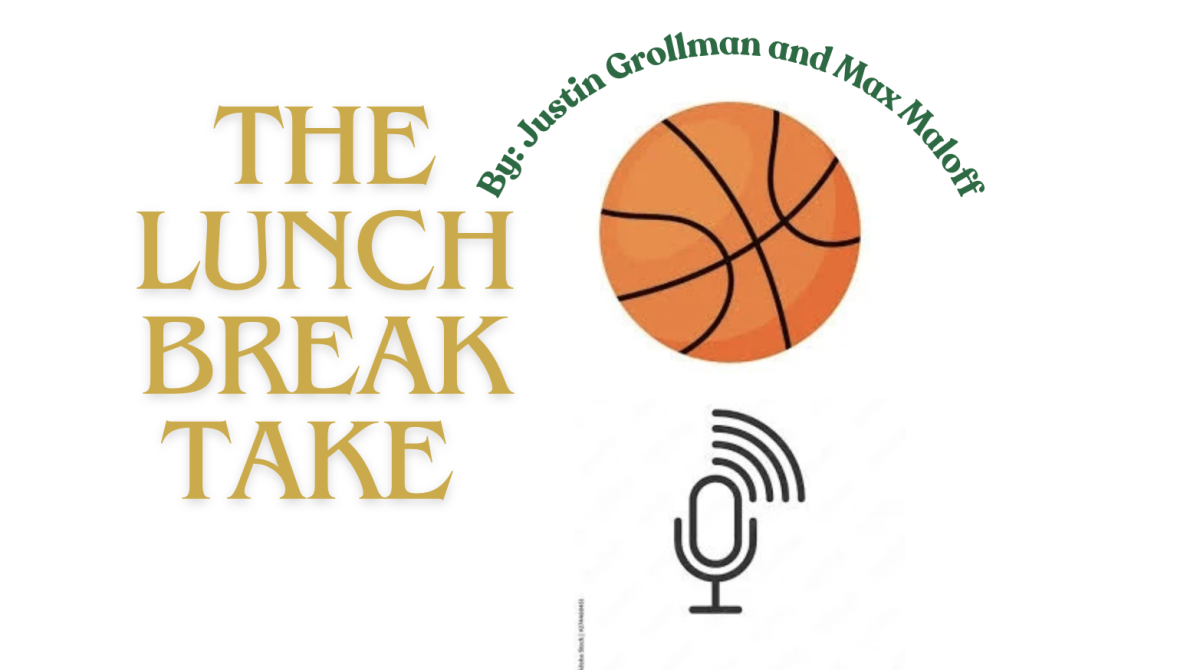


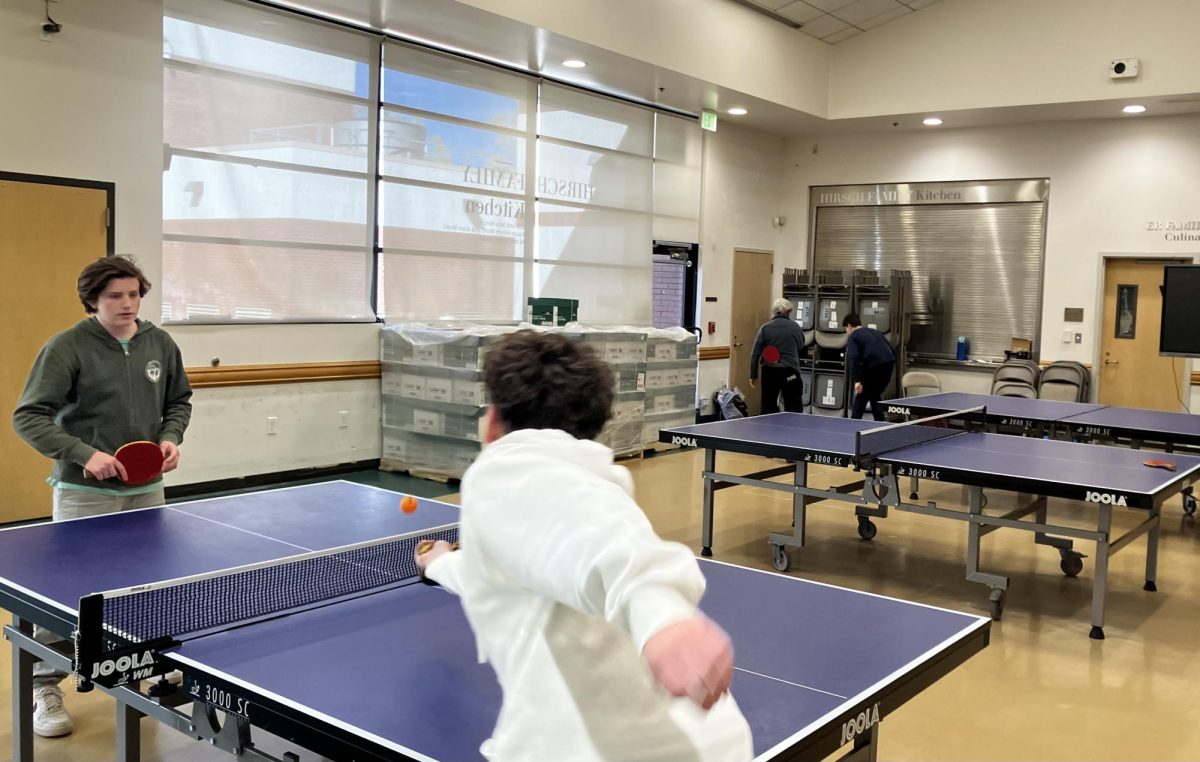
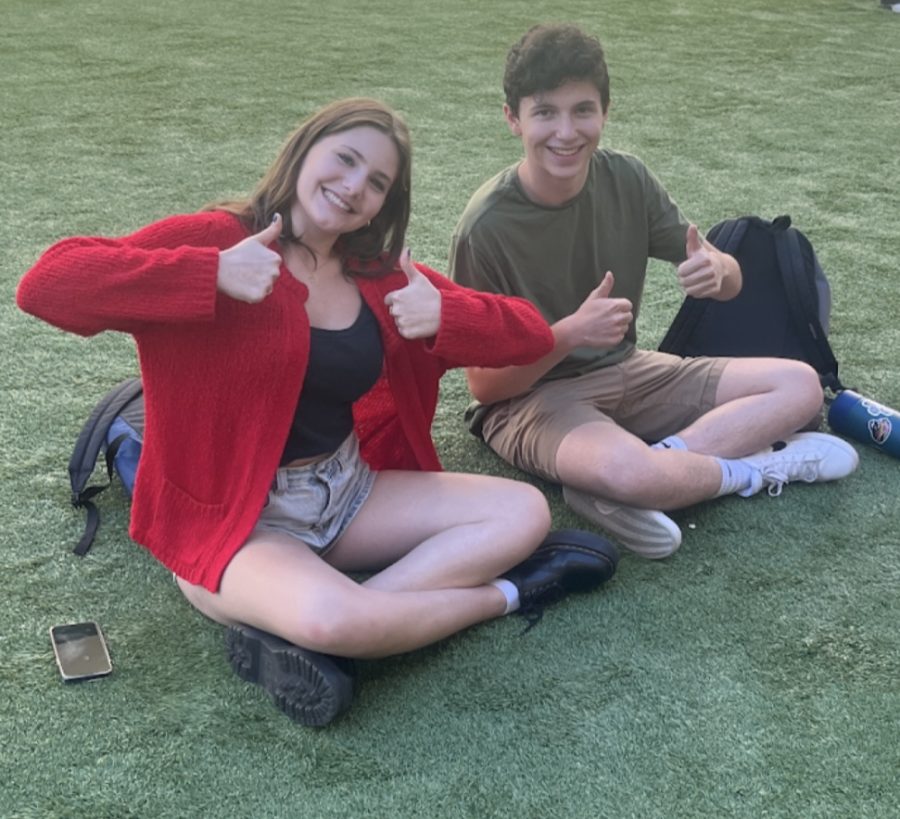
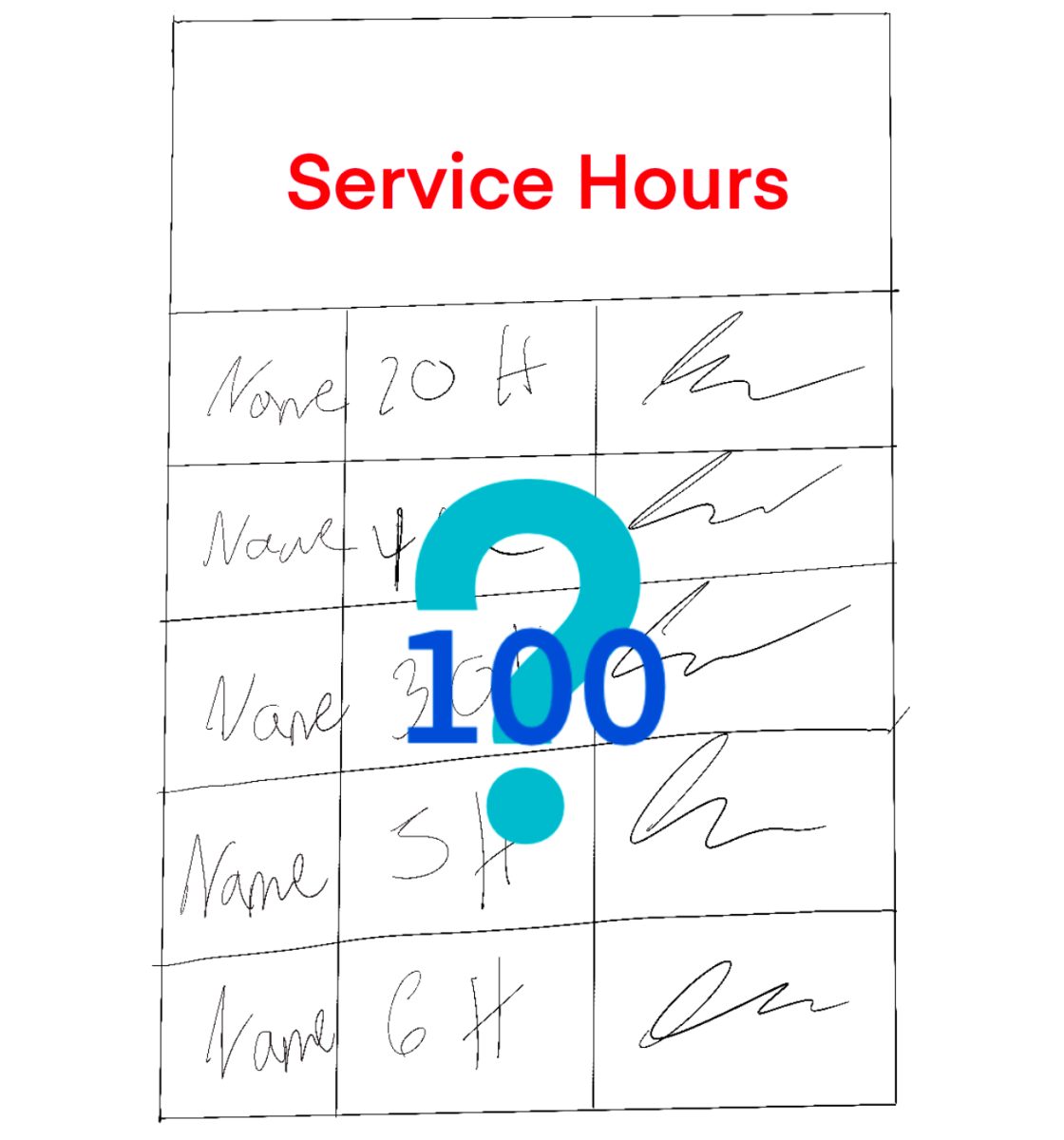
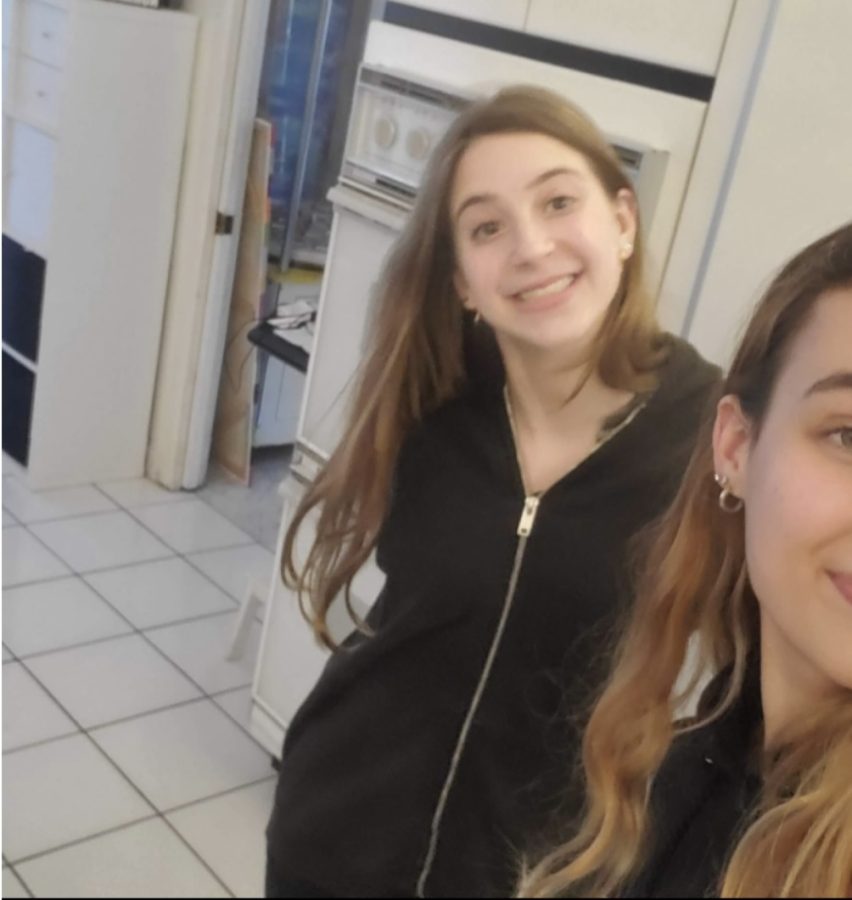




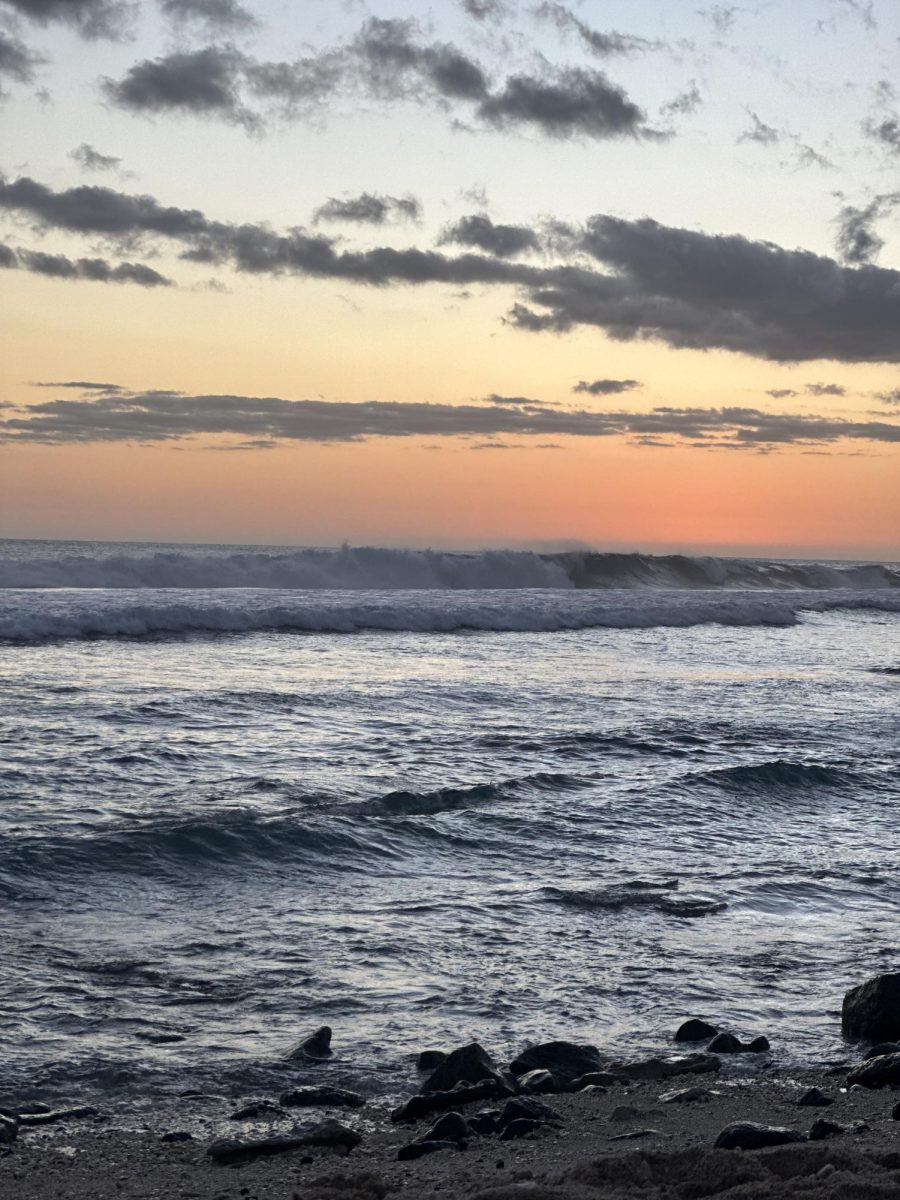
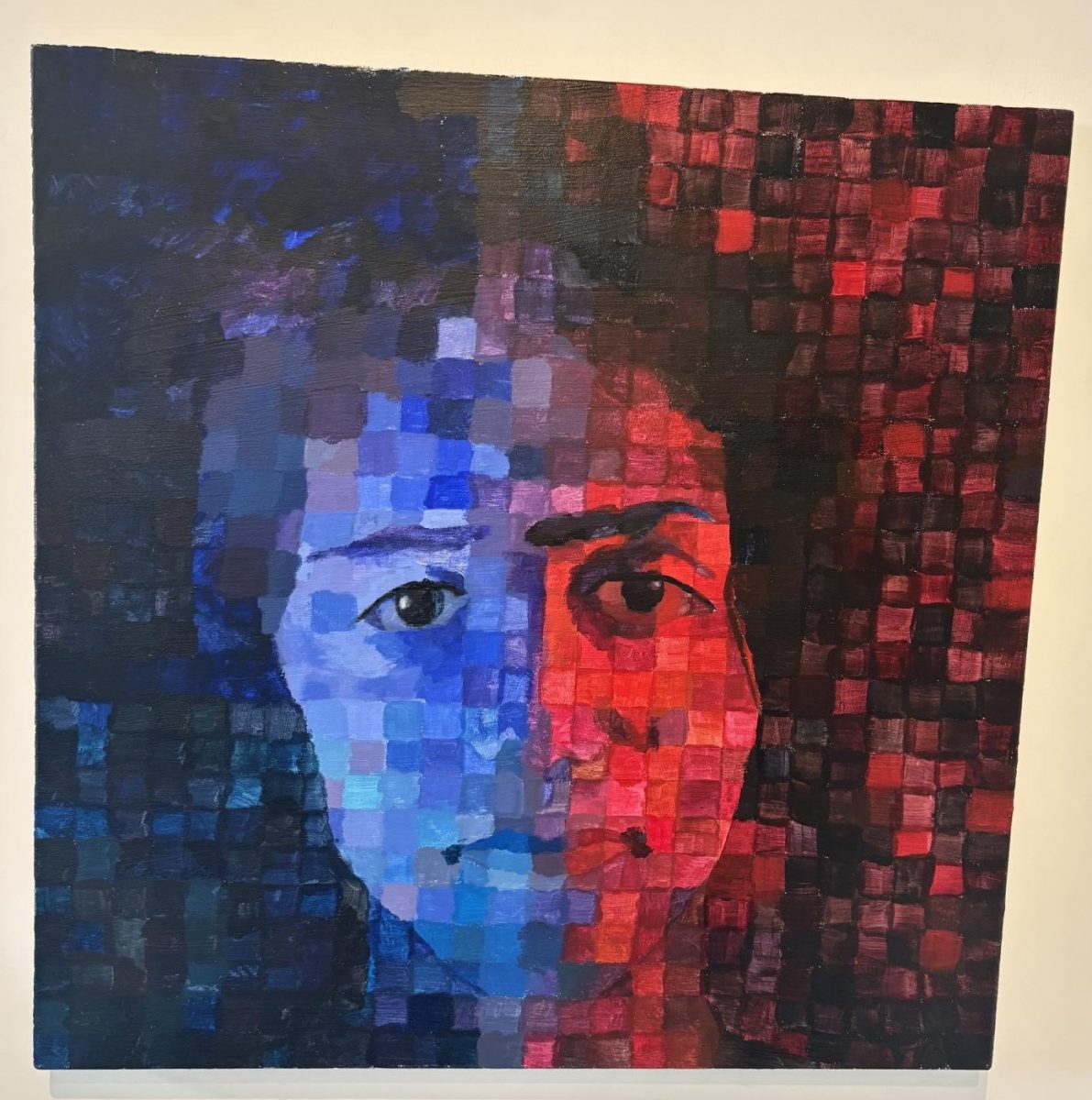
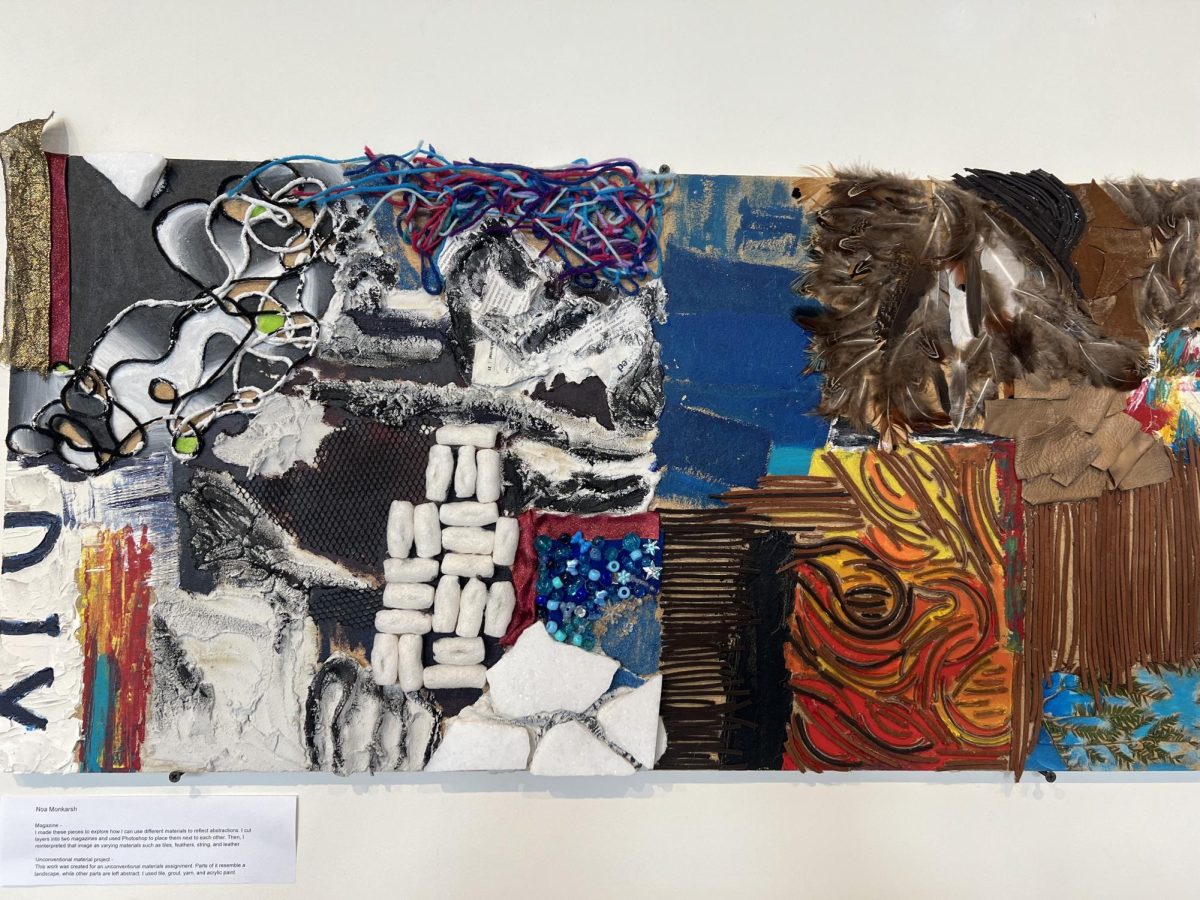
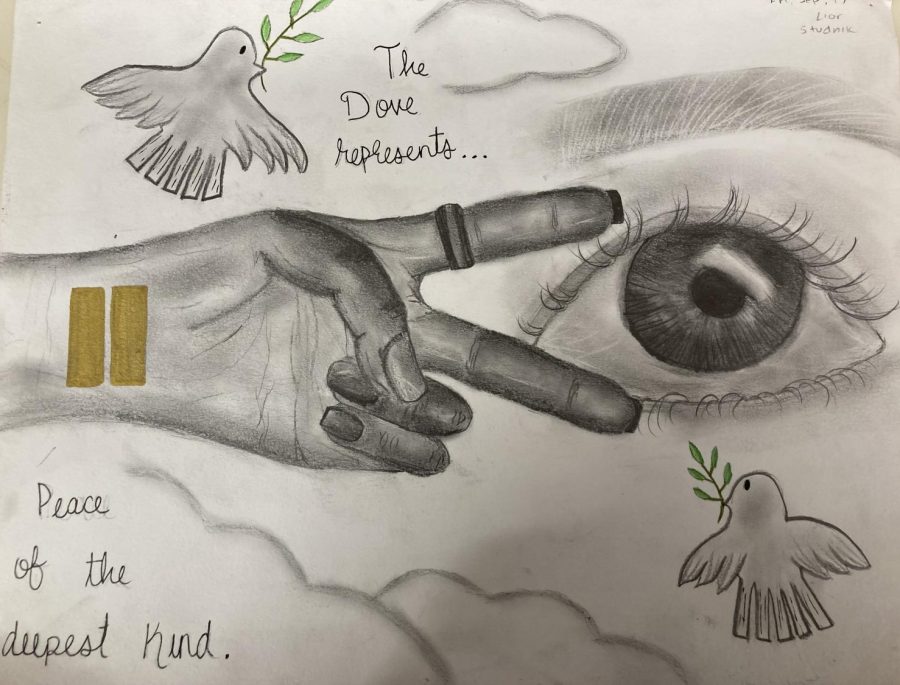
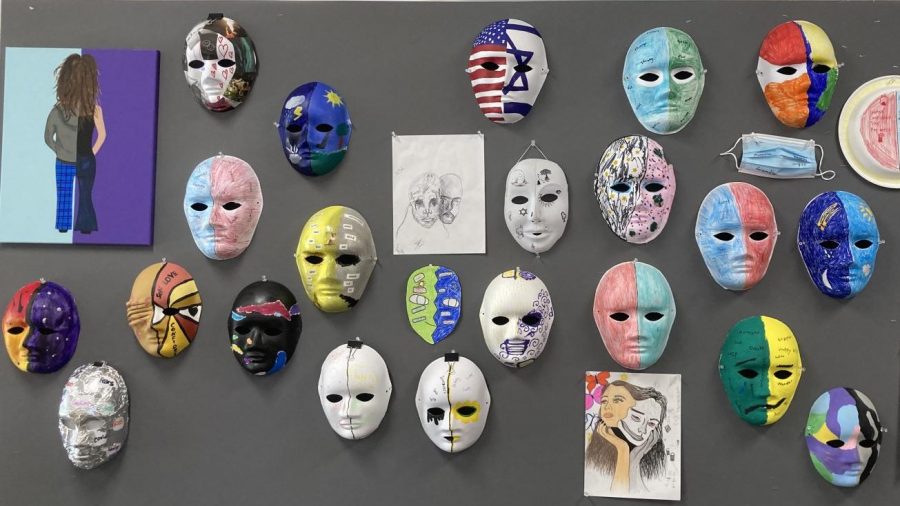
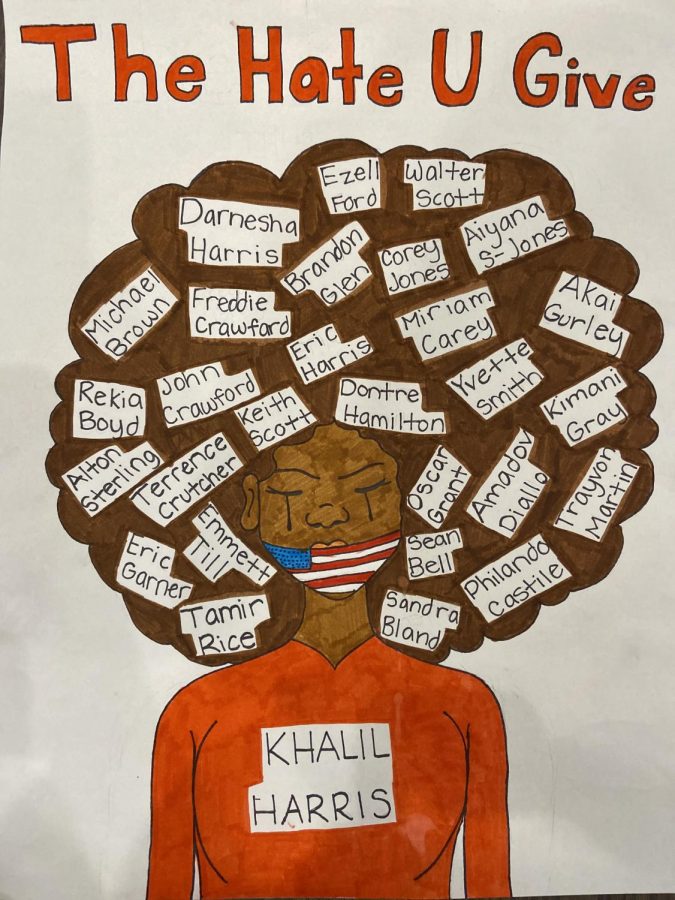
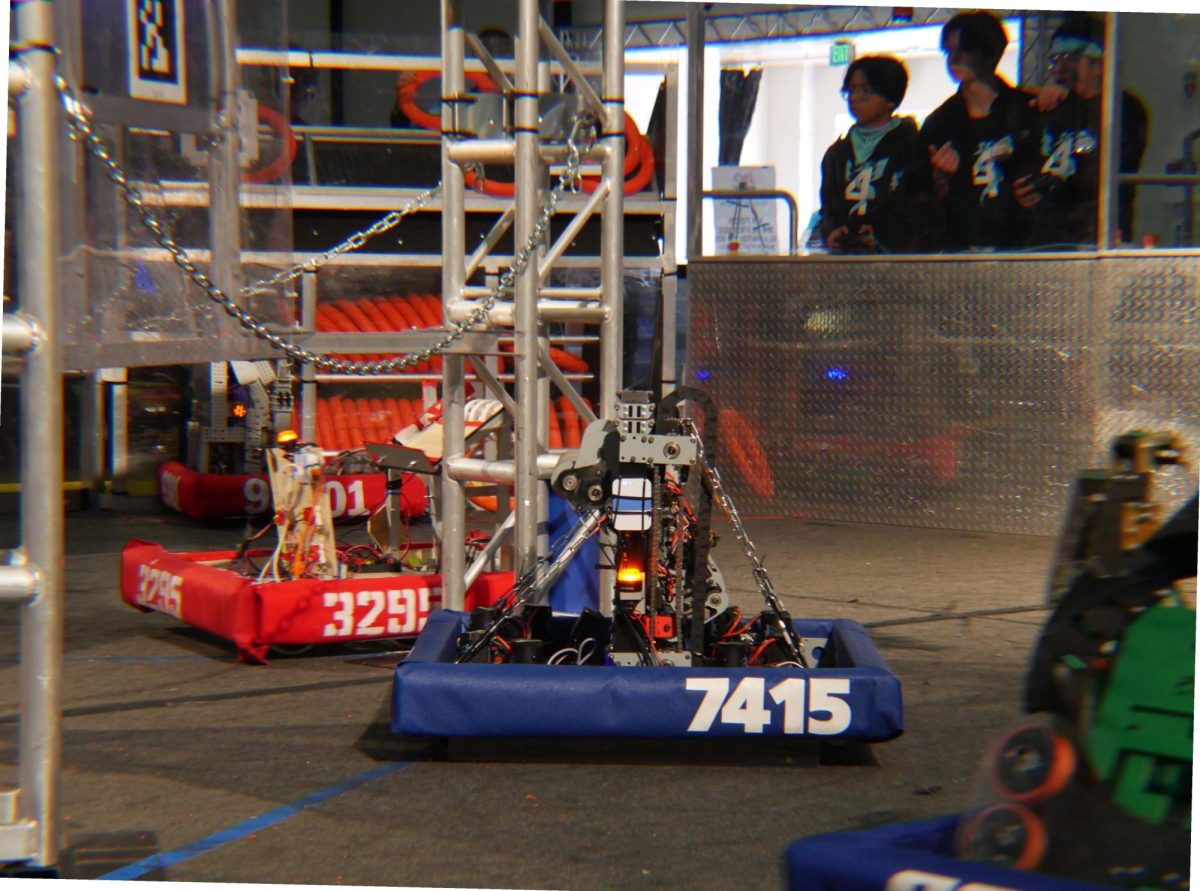

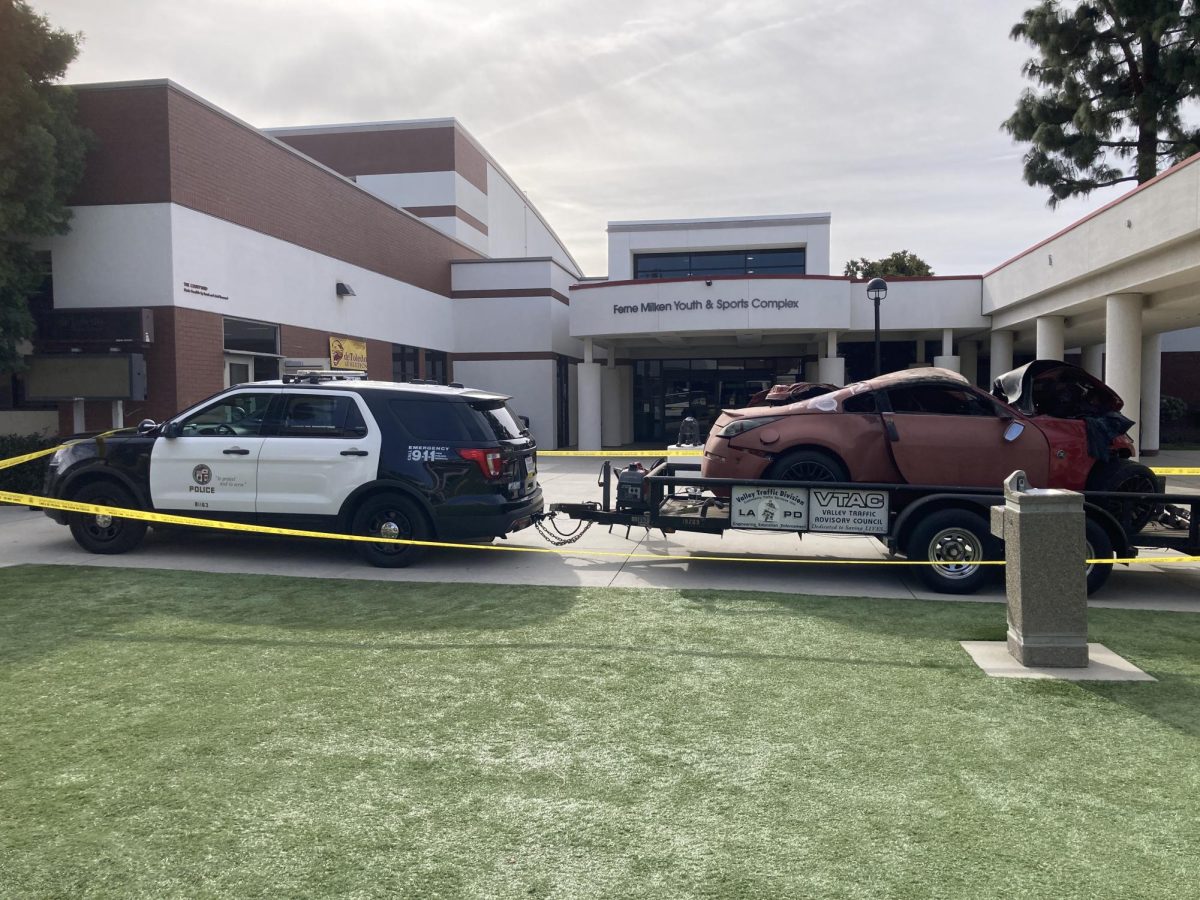
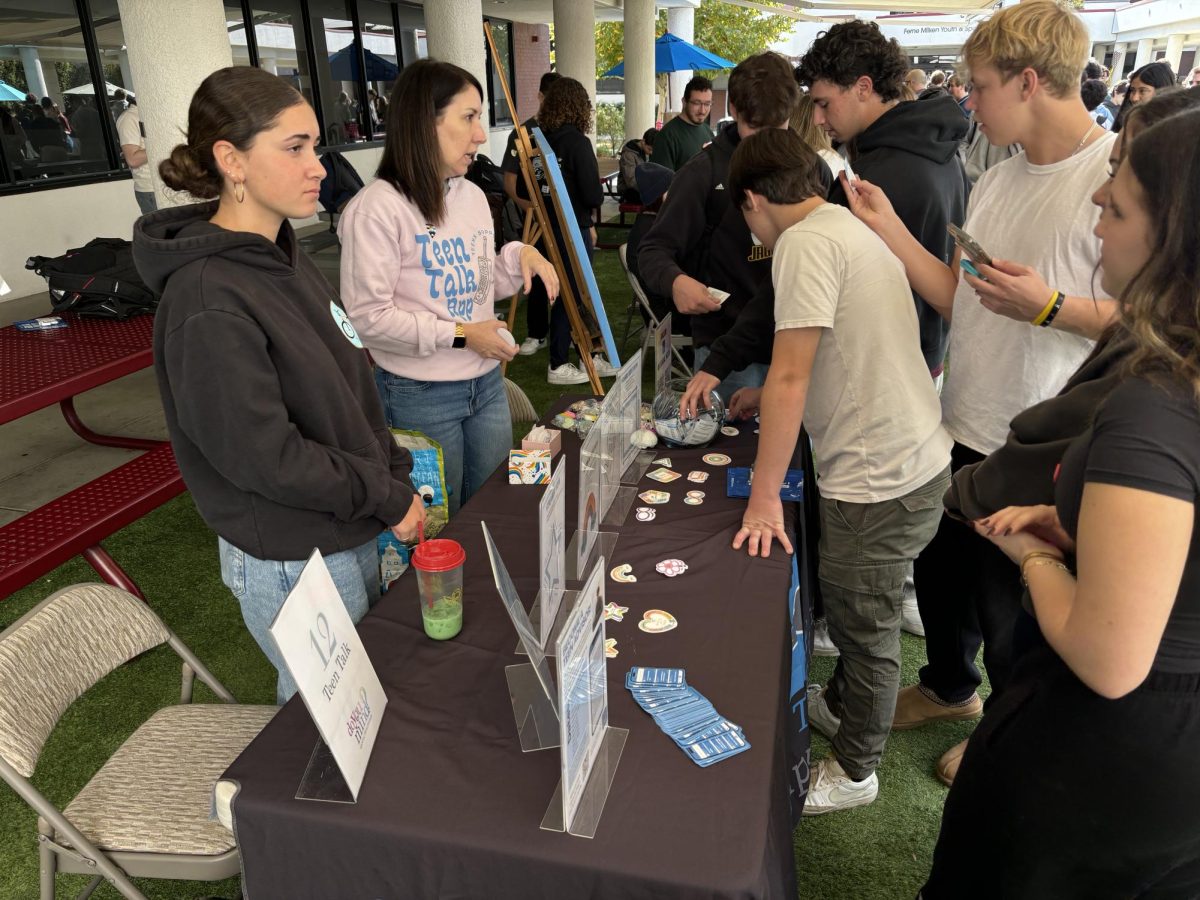
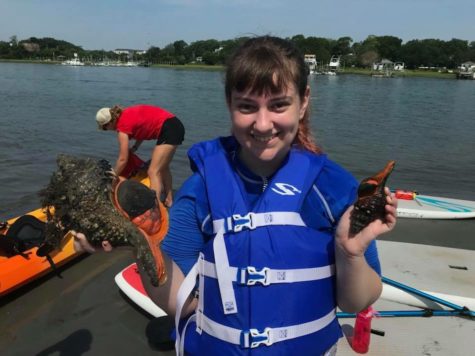
Roger Blonder • Oct 21, 2018 at 2:57 pm
Yes, Ms. Golden. I’m in.
Sarah Golden • Oct 20, 2018 at 9:48 am
Thanks to Ms. Newman for her approachable approach to this significant problem. I, for one, would welcome a complete ban on single use plastic water bottles on our campus. Anyone else in?
Ms. Bodenstein • Oct 19, 2018 at 12:37 pm
Thank you for raising this issue. I would love to know what the school is going to do to help with this issue. Students, faculty and administration should work together to mitigate waste on our campus in the interest of Tikkun Olam and Bal Tashchit (prohibition against waste).